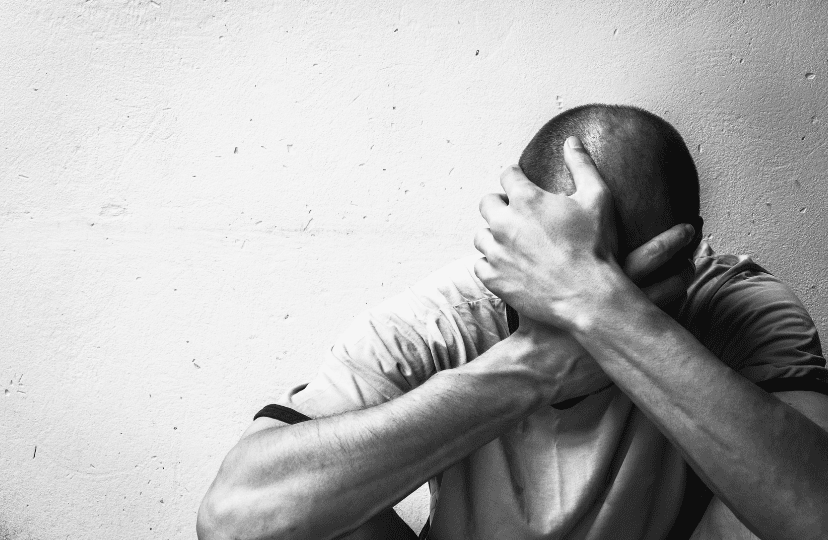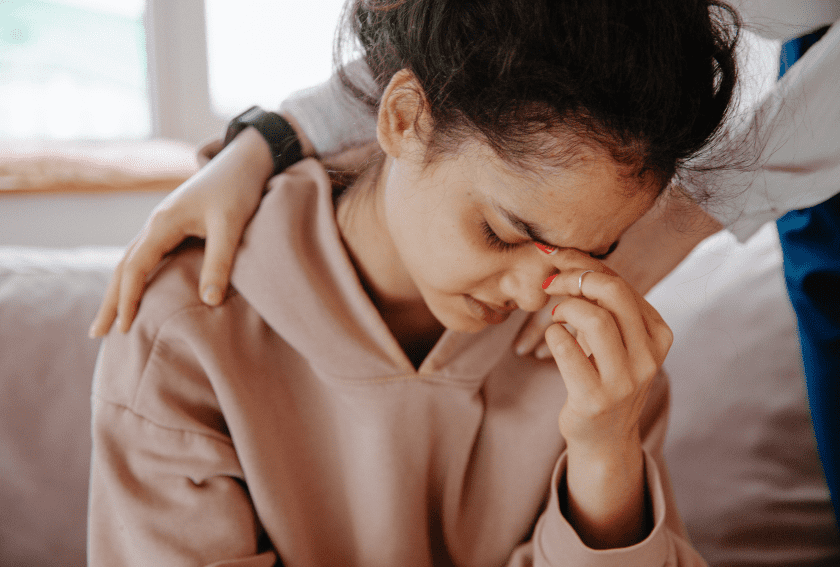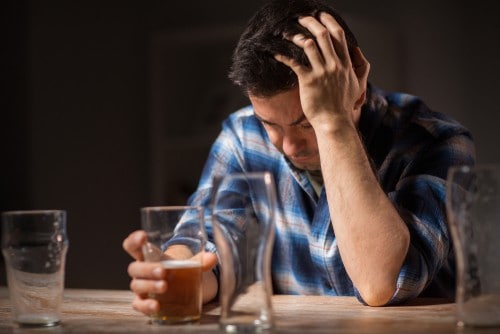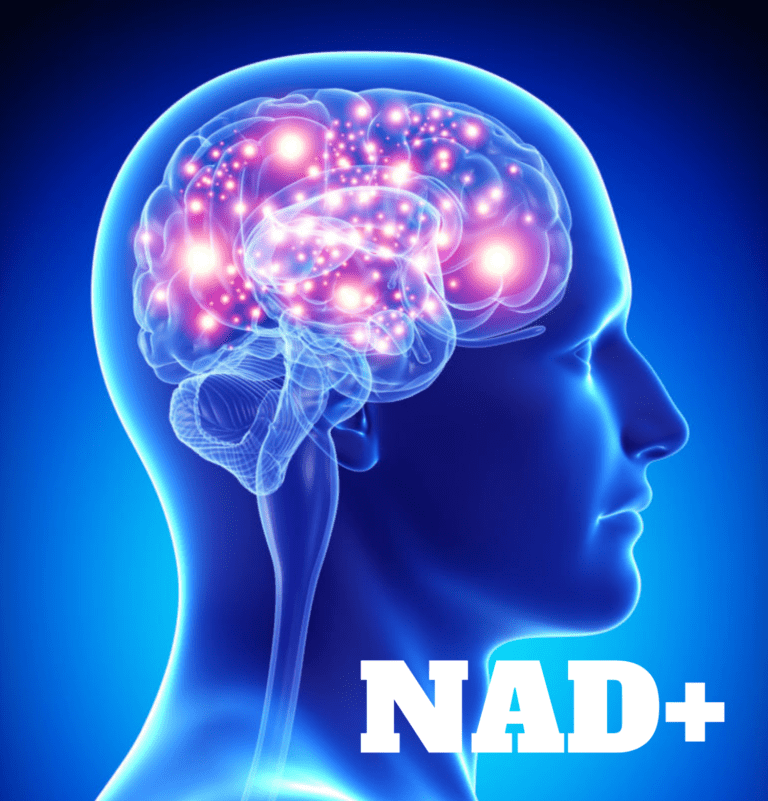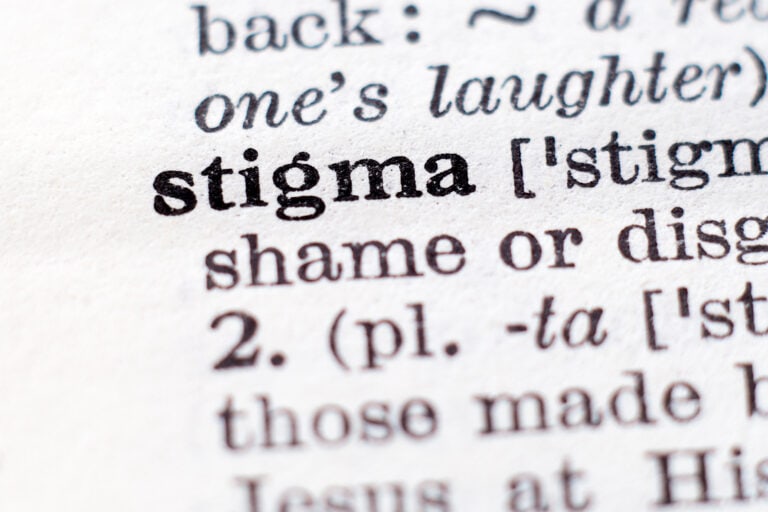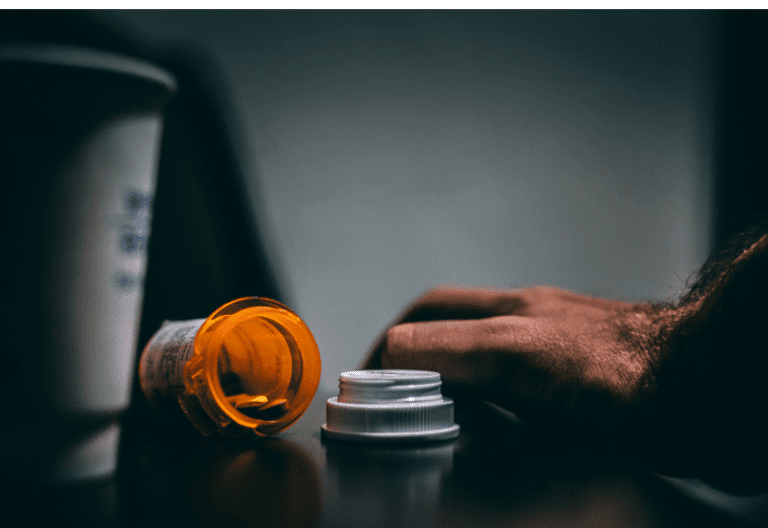It can be difficult to tell the difference between benzo dependence and benzo addiction. You may think that a person who is dependent on benzodiazepines has the same symptoms as an addict. However, there are some important distinctions that show you apart.
Benzo dependence happens when a patient takes the drug as prescribed by their doctor. While they may develop a tolerance to the drug’s effects, it will not cause them any adverse side-effects such as withdrawal symptoms or cravings. An addict will continually take doses of benzodiazepines in order to produce euphoric effects or manage acute anxiety or panic attacks. The problem arises when they have no choice but to continue because of withdrawal symptoms if they stop using benzodiazepines. So what is the best way to tell if you’re dependent or addicted? Read on for more information about these two conditions and how to get help!
What is Benzo Dependence?
Benzodiazepine dependence happens when a patient takes the drug as prescribed by their doctor. The difference between benzo dependence and benzo addiction is that there are no adverse side effects for the patient who is dependent on benzodiazepines. This means they can rely on the drug without any withdrawal symptoms or cravings. In this case, the person is not taking benzodiazepines recreationally and doesn’t have a problem with addiction.
What is Benzo Addiction?
Benzodiazepine addiction is a chronic disease. It happens when a person no longer feels pleasure without the drug, and they are unable to refrain from using it even if it harms themselves or others.
If you’re addicted to benzodiazepines, you may experience cravings, feel an urge to use the drug, and think about using it all the time. You may also develop withdrawal symptoms that include physical discomfort and mental anguish. Perhaps the biggest indicator of addiction is a person’s inability to stop using benzodiazepines even after they want to stop.
How to Make the Difference Between Dependence and Addiction
Benzo dependence and addiction are both dangerous conditions that need to be treated. You can’t even say one is worse than the other because they’re both serious. However, there are some ways you can tell the difference between them.
A benzo addict will take doses of benzodiazepines to produce euphoric effects or alleviate acute anxiety or panic attacks. They must continue using the drug in order to avoid withdrawal symptoms as it leaves their body.
Meanwhile, a person who is dependent on benzodiazepines will take prescribed doses as directed by their doctor but still experience a tolerance to the drug’s effects over time. Withdrawal symptoms will not happen because they don’t have a physical addiction to the drug like an addict would. An addict’s tolerance for the drug will also increase quickly so that they need more drugs in order to feel how they want to feel.
The best way to tell if someone is dependent or addicted is by recognizing signs and symptoms from both diseases. Addiction usually has physical signs, like cravings and withdrawal symptoms, while dependence doesn’t have those same physical side-things happening with it. Confusion about these two conditions often arises when patients think that any adverse reactions are just withdrawal symptoms instead of a sign of addiction.
Treatment for Benzo Dependence
Benzodiazepines are used for the treatment of anxiety disorders, panic disorders, and insomnia. The use of benzos does not have to be problematic but can lead to dependence or addiction. When you are dependent on the drug, you will develop a tolerance to it and need higher doses overtime to get the same effect as before. It is possible to experience withdrawal symptoms when stopping benzo use abruptly.
If you are experiencing any of these symptoms, please talk with your doctor about benzos. They may recommend that you seek an addiction specialist if they think you may have an addiction problem. Your doctor may prescribe another type of medication that is more appropriate for managing your symptoms or refer you for inpatient detoxification services (if necessary).
Treatment for Benzo Addiction
Benzo addiction is a serious problem that needs to be addressed as soon as you experience symptoms.
If you become addicted to benzodiazepines, and you stop using them, then your body will develop a physical dependence on the drug. This means that withdrawal symptoms will occur once you stop taking benzodozapines. Symptoms of withdrawal from benzos can include:
-Anxiety
-Frequent panic attacks
-Severe seizures
Therefore, if you have been taking benzos for a long time and have developed a tolerance or dependence on them, then it is highly recommended to seek professional help from an addiction specialist before stopping use suddenly.
Knoxville Recovery Center Can Help
Benzos are a class of drugs that are often prescribed to relieve anxiety. They are also commonly used recreationally because of their calming effects. Benzos can be highly addictive and lead to dependence when used for long periods of time.
The difference between benzo dependence and addiction is the severity of the addiction and how much a person needs the drug to feel “normal”. The two terms can be used interchangeably, but people who are addicted to benzos will need more and more of the drug to feel the same effect.
Fortunately, benzos are usually able to be successfully treated with detox and rehab. Coming to terms with the fact you or a loved one is struggling with the disease of addiction may initially be difficult. You might not know where to turn as far as receiving the help that is needed to successfully quit benzo use. At Knoxville Recovery Center, our staff of highly trained addiction specialists understands the struggles of addiction firsthand, many previously battling with this destructive disease themselves. They know exactly what it takes to learn a new way of living without substance abuse and how to develop healthy coping mechanisms for dealing with addiction in the future.
At Knoxville Recovery Center, our specialists combine a variety of therapies, holistic healing modalities, and healthy living practices to give you the best chance possible at life while in recovery. We understand that high-quality, effective addiction treatment cannot be improvised and we will design an individualized treatment plan tailored to specifically fit your needs. If you or a loved one feel that you need help, please reach out to us today.





